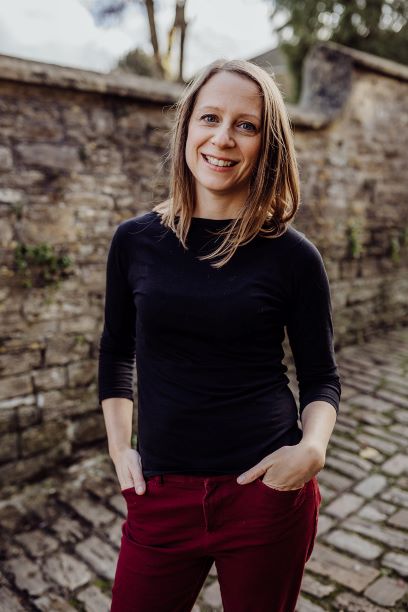Annually in the UK, approximately 300 babies under a year die suddenly and unexpectedly. While public health messages for safe sleep have worked well in the general population, the deaths that now happen are mostly in families experiencing the worst effects of poverty. Many of the deaths could be prevented as the circumstances described almost always have known, avoidable risks present. Specific risks within the infant sleeping environment have been identified by many international studies although how common these are within a population of families in England with babies at high-risk of SUDI is less well known. Dr Pease’s previous research suggests that a wider approach to sleep, combining safety, quality and coping skills for disrupted routines would be most acceptable to families with infants at risk, and the people who support them. Most families describe scenarios that could increase the risk for babies as a result of carers trying to get enough sleep. The Fellowship will build on the findings from previous work into why some families don’t follow the recommended advice. This will then shape the design and evaluation of a package of supportive education.
Bristol University now runs the National Child Mortality Database (NCMD), and Dr Pease will work with the NCMD to describe how commonly known risk factors were present in recent English SUDI deaths. Second, she will conduct a survey and talk in depth with families of infants at higher risk of SUDI (especially partners and grandparents) to find out more about their understanding of safe sleep advice and infant care practices. The data from the NCMD work will provide risk information that will be used to guide the questions in the family interviews. Third, she will bring together a team of people including those who will use, deliver and commission the intervention to produce educational resources and tools for families with infants at increased risk. Fourth, she will evaluate the new intervention to see how it works in real life, looking for how it works, for whom, in what context. Finally, she will look at whether this approach can resolve other problems within families experiencing poverty and write an application for a study to test whether the intervention works.
Families themselves have been at the heart of SUDI research for the last 30 years and the Fellowship will continue to involve them at every stage of the research. Family members and bereaved parents have already influenced the project suggesting including partners and grandparents, and considering the wider effects of sleep deprivation. A family advisory group will be consulted on research methods, ethics, study materials, and how to interpret the results. A co-production team will include family members who will work together with the research team and others to develop the resources. The results from the research will be shared first with those who took part in, and advised on, the research. The results will also be published in peer reviewed journals, presented at national and international conferences and shared with a wider audience through public engagement events.
